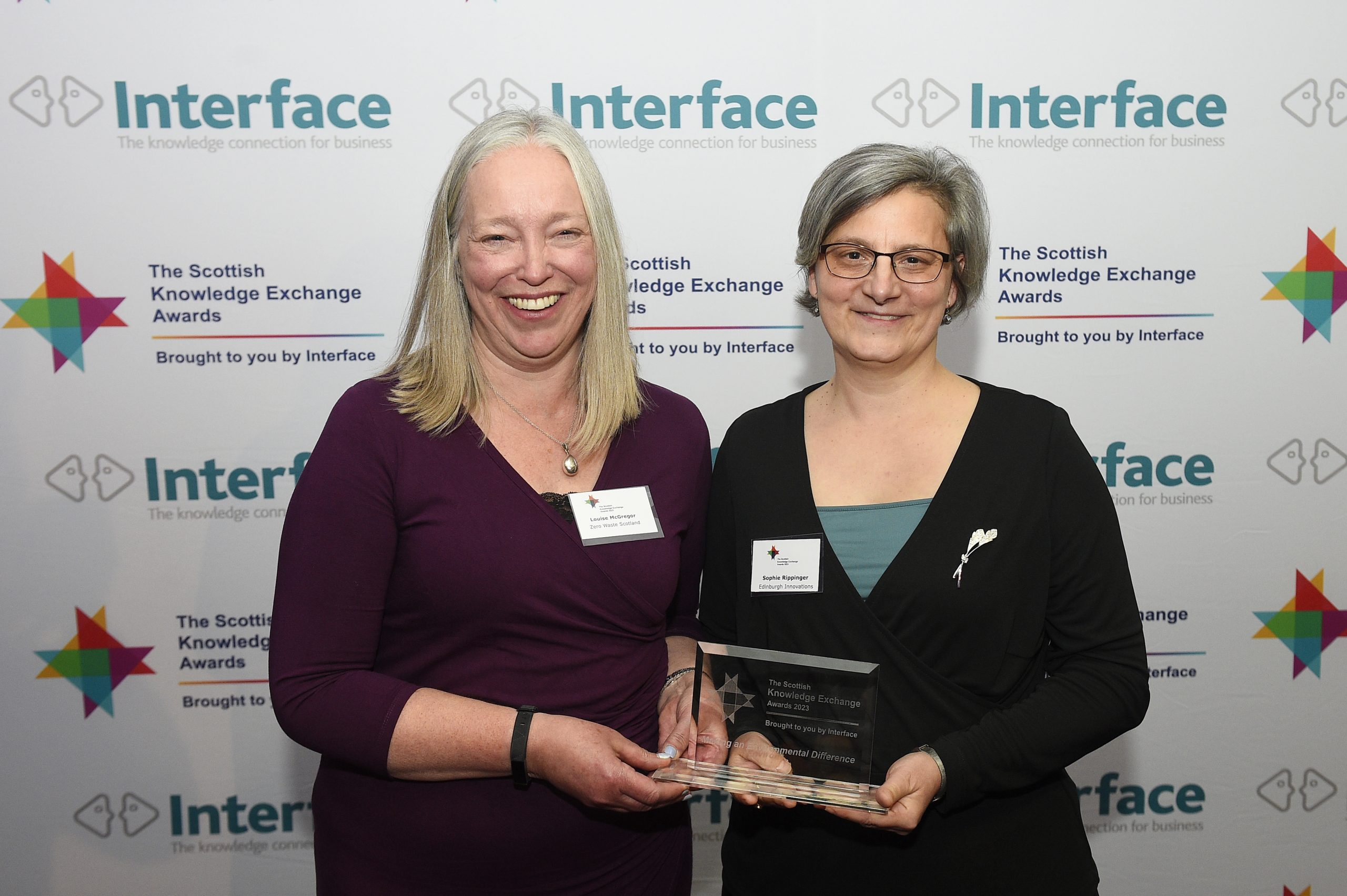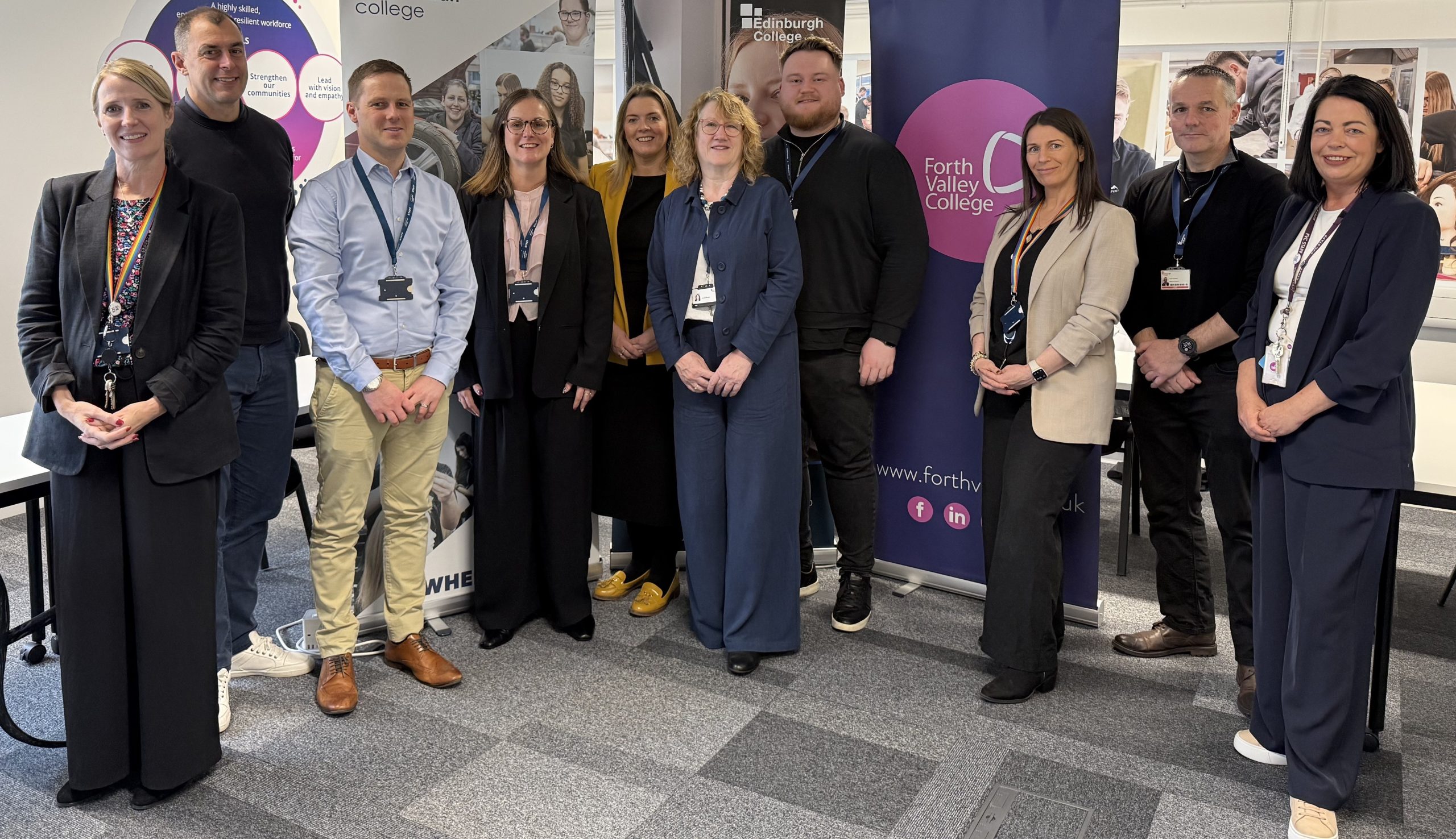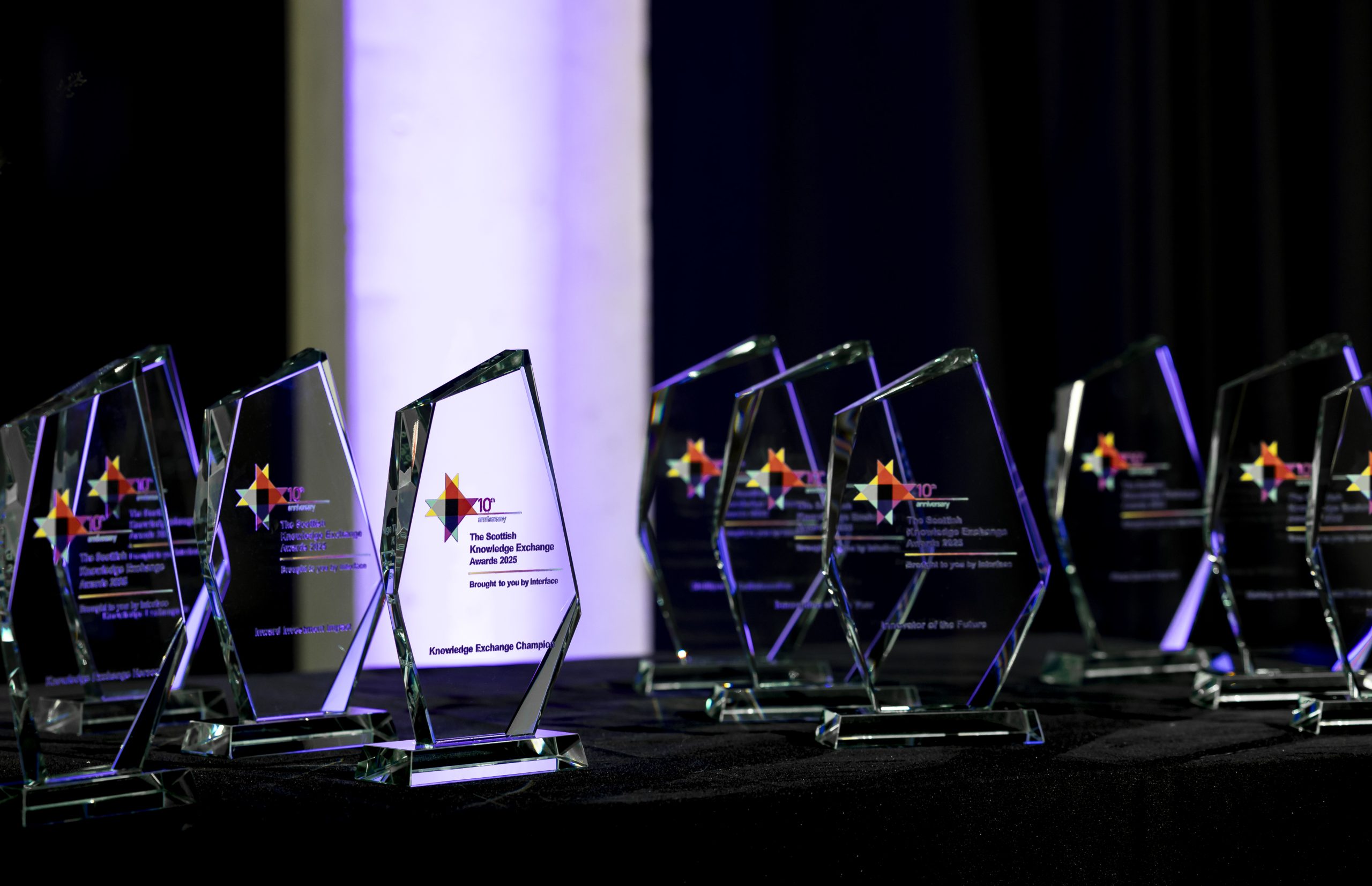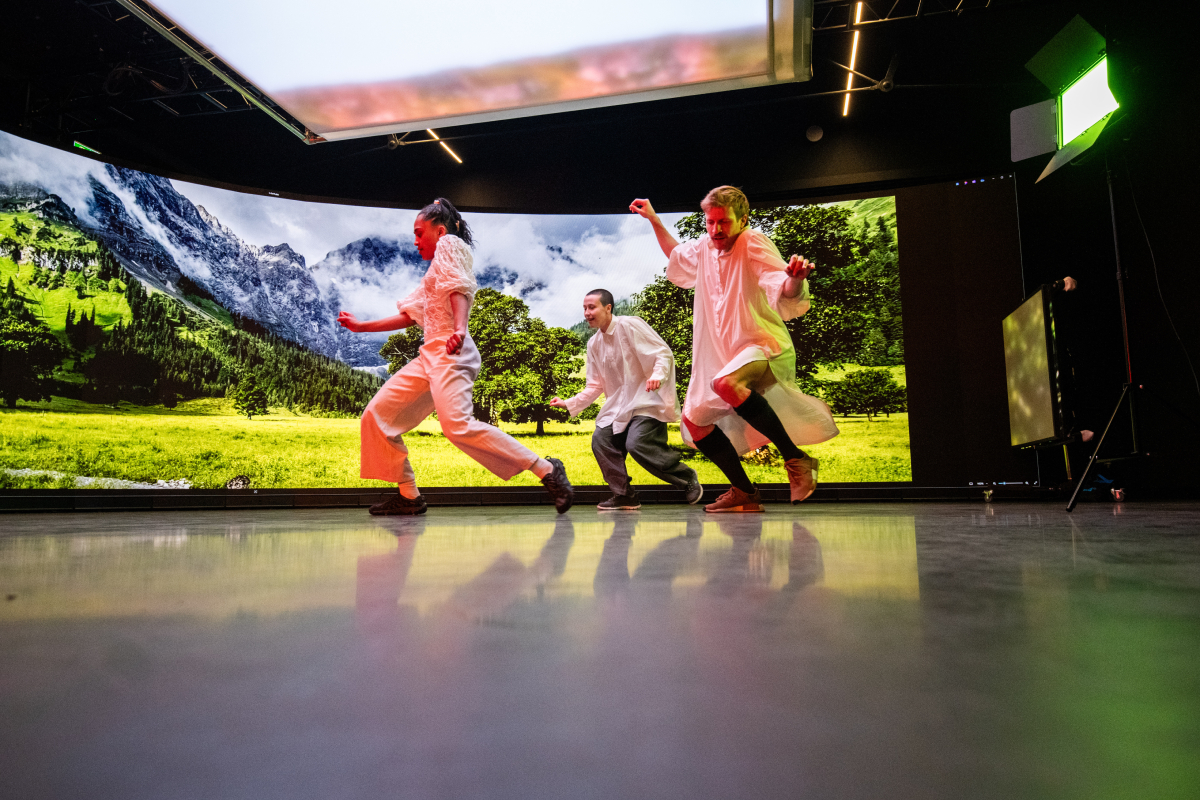Post
The green game-changers

April 22 is Earth Day, a global event to demonstrate support for environmental protection. As we reflect on the official theme for 2023, Invest in our Planet, we reflect upon Interface’s role in the call to action to innovate. Interface have long supported the energy entrepreneurs, carbon capture creators and green game-changers who have the ambition to make a real difference.
A recent example is Entergaia Technologies an energy technology startup based in Aberdeen with a goal to reduce greenhouse gas emissions and ensure environmental sustainability through the development of long-range wireless power technology to transmit electricity without using cables. The technology aims to reduce greenhouse emissions from transport and energy, accounting for over 50% of the components of overall greenhouse emissions.
Interface introduced Entergaia to the University of Aberdeen for the development of an initial proof of concept. This testing and simulation and the collaboration enabled Entergaia to further embark on product development work with Edinburgh Napier University, focussing on optimising both the transmitter and the rectenna.
The findings are helping inform the company’s future strategy in deploying associated products such as wireless electric vehicle charging, beaming electricity from space, wireless electricity deployment during emergencies, wireless electricity to charge robots, IOT devices and remote vehicles (ROVs).
Whilst Aberdeen is synonymous with the energy industry, there are numerous other companies around the country plugging into Scotland’s knowledge and expertise in its universities to tackle climate change in different ways.
A recent winner of the Scottish Knowledge Exchange Awards category, Making an Environmental Difference, was CloudEARTHi, a multi-university/business collaboration around the circular economy.
One key output of CloudEARTHi (and the focus of the award nomination) is a tool developed to enable start-ups to embed net zero and circular economy into their philosophy. The Earth Centred Business Design (ECBD) tool development was led by University of Edinburgh’s commercialisation service, Edinburgh Innovations.
Two Interface-supported startups have benefited from ECBD framework, which enables startup founders to think differently about how they operate to build a more sustainable future and create better impacts for the world from the outset.
Crover and Danu Robotics are receiving support from Edinburgh Innovations to use the tool to incorporate resilience tactics, align business development to net zero and change business strategies to be more circular.
The Crover is a world-first robotic device which “swims” through grain, using on-board sensors to monitor its condition and provide information such as moisture content and temperature. It is helping transform agriculture by identifying spoilage in cereals such as wheat and barley in storage.
Meanwhile, Danu Robotics are applying the ECBD tool to integrate resilience into business planning. The start-up is working to develop a robotic sorting system to significantly increase rates of recycling worldwide.
Another winner in the Scottish Knowledge Exchange Awards (Innovation of the Year) and a circular economy champion, is Sustainable Thinking Scotland. The community interest company has developed a functional “biochar” from green waste which tackles algal blooms in water caused by nutrient pollution.
The company was referred to Interface through their engagement in Firstport’s LaunchMe accelerator, which is aimed at supporting Scotland’s highest potential social enterprises. After Interface put out a call to the relevant universities in Scotland, STS CIC decided to work collaboratively with both the University of the Highlands & Islands (UHI) and the University of Strathclyde to test biochar production from wood waste and investigate its potential use in nutrient removal.
This Earth Day, let’s work together to innovate and invest in protecting our valuable planet.
*This article also appeared in The Scotsman.



